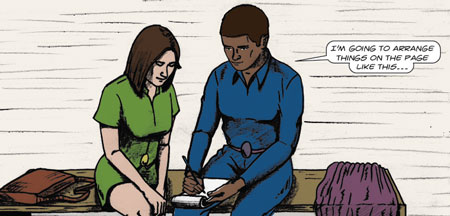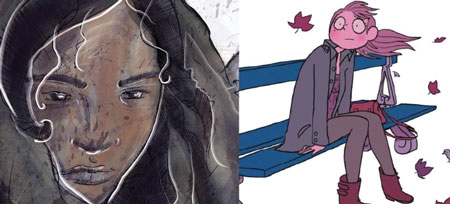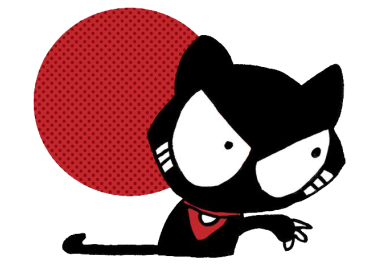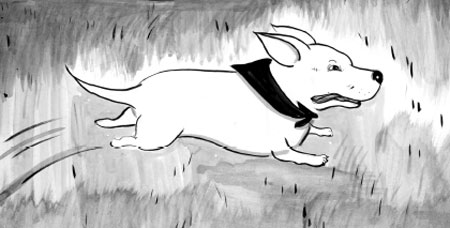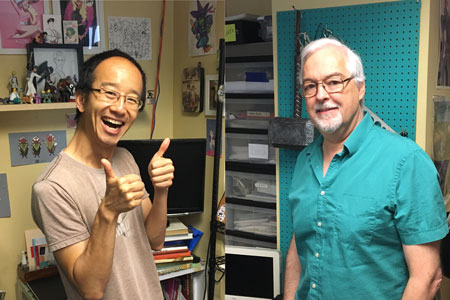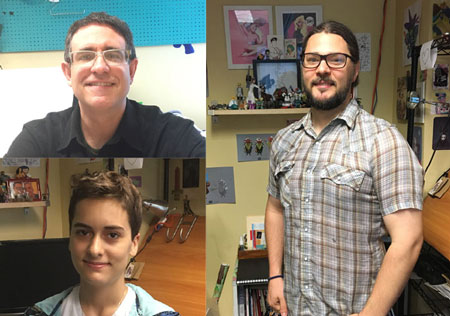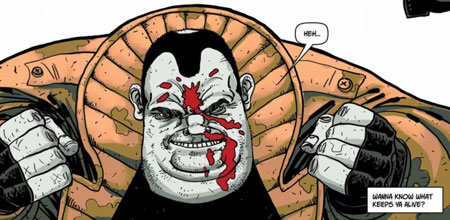This is the story of a very unusual project: a 250-page comic showing people talking about science. Not your cup of tea? Actually, the seeming lack of overlap between “comics people” and “science people” is part of this story. It was one reason this book took nearly two decades from inception to publication.
In this episode, Ryan Haupt joins Tim to review this book, called The Dialogues; then, the book’s author, USC physics professor Clifford V. Johnson, explains the arduous journey of this book, which explains a topic that’s poorly understood by the public via a medium that’s also poorly understood by the public.
Also including some actual science talk, including Ryan’s recommendations for other non-fiction comics about science!
Podcast: Play in new window | Download

